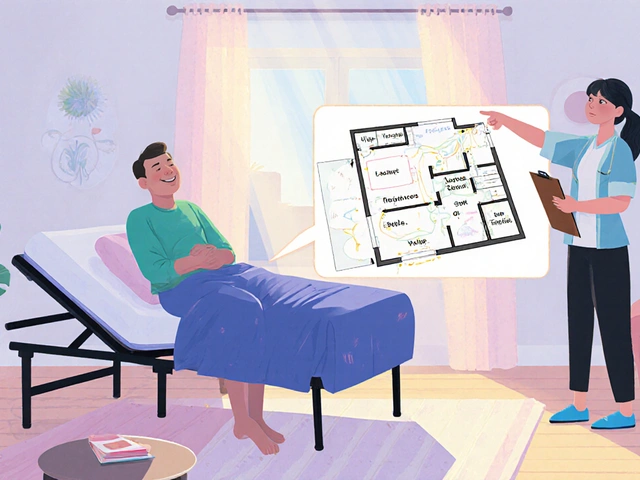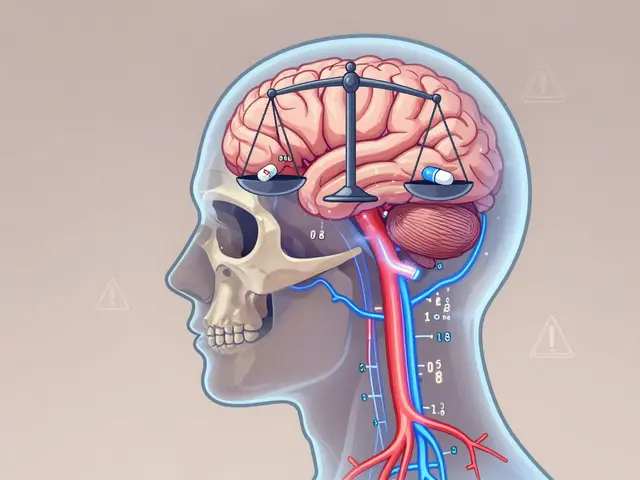Female Viagra: What Works, Safety, and How to Start
Want a simple pill for low sexual desire like men have with Viagra? The short answer: there’s no exact female equivalent that works the same way. Men’s Viagra boosts blood flow to cause erections; women's sexual desire is more complex and involves brain chemistry, hormones, relationships, and health conditions. Still, there are approved treatments and safe options worth knowing about.
Two drugs get called "female Viagra" most often: flibanserin (brand Addyi) and bremelanotide (brand Vyleesi). Addyi is a daily pill for premenopausal women with hypoactive sexual desire disorder (HSDD). It targets brain neurotransmitters to increase desire over weeks. Vyleesi is a self‑injected shot used before anticipated sexual activity and works through a different brain receptor. Both showed modest benefit in clinical trials for some women, but they aren’t magic fixes.
Side effects matter. Addyi can cause dizziness, sleepiness, low blood pressure and should never be mixed with alcohol or strong CYP3A4 drugs. Vyleesi commonly causes nausea and flushing; some women feel dizzy after dosing. Neither is recommended for everyone—pregnancy, certain heart conditions, or heavy alcohol use can rule them out. Sildenafil and other ED drugs sometimes get tried off‑label, but evidence for benefit in women is mixed and they aren’t FDA‑approved for female desire problems.
Who might benefit?
If low desire is new, bothers you, and isn’t explained by a relationship problem, untreated depression, medication side effects, or a hormone issue, talk to a clinician. Addyi and Vyleesi are aimed at premenopausal women with diagnosed HSDD. Postmenopausal women sometimes respond to hormone therapy or other approaches. A good clinician will check medical causes (thyroid, meds like SSRIs, chronic illness), ask about relationship stress, and consider therapy or couples counseling before prescribing meds.
Practical steps and safety tips
Start by being honest with your provider about symptoms and expectations. Ask how long a medication takes to work, what side effects to watch for, and whether your other medicines interact. If a prescription is given, use a licensed pharmacy—avoid sites that promise quick pills without a real prescription. Keep realistic goals: many women see only modest improvement and may get the best results by combining medication with counseling, lifestyle changes (sleep, exercise, alcohol reduction), and open communication with partners.
Want more details or real‑world tips? Browse our related guides on sexual health, drug safety, and medication alternatives in this tag. Read patient experiences, compare options like ED medications and non‑drug approaches, and get help asking the right questions at your next doctor visit.
Hey there! I'm here to chat about a game-changer in women's sexual health: Female Viagra. Now, it's not just the guys who get a little help in the bedroom. This stuff boosts libido and sexual pleasure for the ladies, and guess what? It's up for grabs online. Safe, effective, and totally hush-hush – your privacy is a top priority. Whether you're curious or in dire need, we're diving deep into the ins and outs of buying Female Viagra. So stick around; you might learn something new!
View Details

